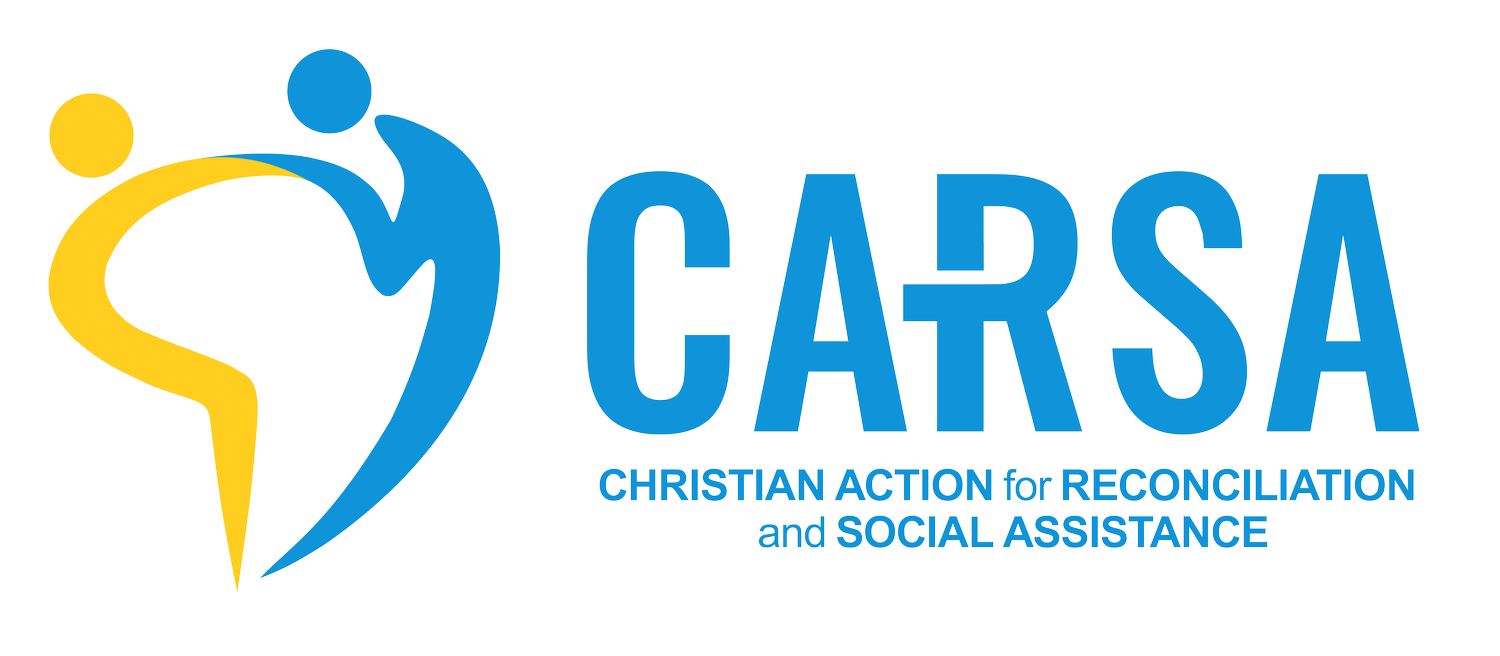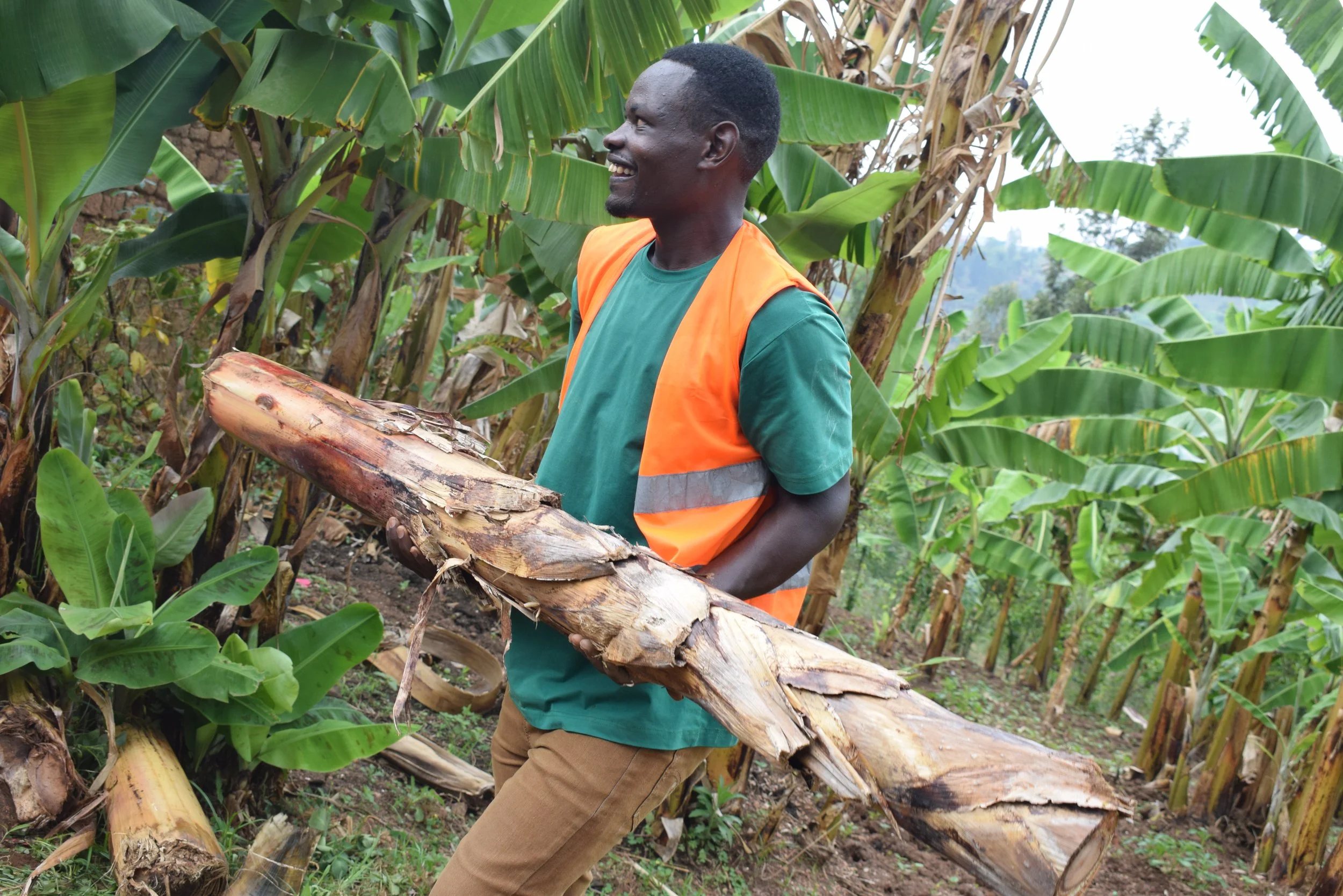Young people in Peace Clubs come together for unity and resilience
Since the 1994 genocide against the Tutsi, young people have played an important role in advocating for peace, reconciliation, and societal healing in Rwanda. Involving them in Peace Clubs is key to ensuring that they feel more empowered and can actively participate in various activities that shape their own future and have an impact on the community.
During the genocide against the Tutsi and the period before, young people were taught wrong ideas about ethnicity and Rwanda's past. As a result, they were fed with hateful and genocidal ideas, which they believed without question. There was no way for them to know the truth. This misinformation exposed them to manipulation that had severe repercussions, as they got heavily involved in massacres that happened during the genocide.
In the last two decades, CARSA has been training and promoting unity from diversity among young leaders, building relationships, and developing character to enable them to be agents of holistic transformation of the nation. This peace education initiative was therefore very important for young people in post-genocide Rwanda to avoid repeating what happened in the past.
October 2024, a month to reflect on unity and resilience, became a particular moment for the youth in peace clubs as they came together to do various activities to serve survivors of the 1994 Genocide against the Tutsi and improve social well-being in various ways. Most groups made plans to renovate old houses, help cultivate land, make kitchen gardens, visit neighbors, and provide foodstuffs.
Among the many activities that took place on October 19, 2024, in the Cyeza sector of Muhanga, over 50 young people conducted community activity for Juliana Mukakibibi, a 74-year-old woman who was widowed by genocide. This caused her to live in permanent resentment and become as self-reliant as possible. However, when she got old, she could not help herself. When the youth came to visit her, they found her farmland wasn’t cultivated despite it being very late in the season, so the group decided to help her start planting.
To Mukakibibi, seeing the dozens of young people in her yard working hard to help her get food that year meant that the young generation was no longer driven by ethnic ideology, and she was filled with hope.
“I was worried about how my land would be cultivated; others had already sown and beans were growing up. I did not have anything to do as I was incapable and had no money to pay for somebody else to cultivate. I was out of ideas except for waiting for hunger during the harvesting time. I am grateful now to the young people for such generosity. With them, Rwanda will remain peaceful and prosper.”
The youth also cleaned around the house, made the kitchen garden, and planted some green vegetables to help this old woman access various sorts of vegetables easily and get a balanced diet. The hope these young fostered made no small difference in Mukakibibi’s life. “I used to spend a day in bed, and sometimes I felt hopeless,” she said. “But today, I was able to wake up earlier, and I was strong enough and overjoyed by your courageous songs; you made me happy and get relief.”
Munezero Joseph is a champion of peace and representative of the Youth Club for Peace in the Cyeza sector of the Muhanga district. This club helps young people in rural areas plant seeds of peace and establish prospects for the future in rural areas; today, they are tremendous sources of creativity. Workout October, a month for Unity and Resilience, he and his fellows in clubs have pledged to do activities that support genocide survivors, especially those who are old.
“After getting the training on peacebuilding by CARSA, we formed the club and started doing some activities that aimed to support the needy people as much as we could. Particularly this month for unity and resilience, we’re giving support to the neediest genocide survivors community-wide. We’re committed to using our efforts to help those in need physically, emotionally, and socially. Just to help them to be released from bitterness or evade them to feel useless.” Said Munezero Joseph
Over 180 young people managed to attend peace clubs and community activities during a month of unity and resilience. CARSA envisions properly reorienting young people and guiding them toward a path of peace that helps them discard the divisive narratives of the past and deliver work that transforms the lives of the community and country at large.






